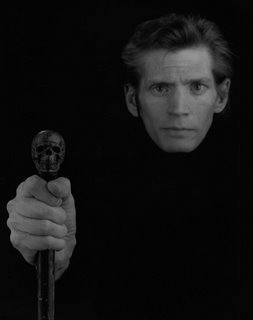What I Eat:
I have just decided that I really really REALLY love millet flakes.
The wholegrain millet I bought in the past took hours to cook and minutes to chew, and felt like it took seconds to pass through it was so full of fibre.
Thismorning I made millet porridge, and felt so good that in the evening I added it to my soup tonight, but it tasted so good that I ended up reducing the soup to a thin broth and using the millet on toast, it was so delicious and felt so healthy.
And it occured to me then, for a moment, just how surreal my diet would seem to most people. I eat about 50 percent carbs, and I reckon about 35 percent protein and 15 % fat. An enormous amount of the carbs are fibre, over 10% of my eating.
I drink a lot of coffee and water. I seldom have fruit juice or fruit. I have about two serves of vegetables per day on average. At the moment I have been having a glass of wine (Pinot) every night. I very seldom drink tea or herbal teas.
In terms of food, I eat a lot of unusual carb stuff: in this order of use, rice, noodles, wheat biscuits, pasta, buckwheat, millet, and brown bread form the base, and then high nutrient foods like spirulina and noni are daily or regular additions. I am lucky if I eat fruit once a week, often once a fortnight. I am just not that interested in it.
I also have at least half a multivitamin tablet every morning, and often I have the other half in the evening around my dinner. This supplies me with any nutrients I may be missing.
I do not eat: cheese, butter, margarine, vegetable oil, canned foods, or most fruits. I avoid salt, sugar, fried foods, biscuits, chocolate, cakes, fast foods (except for meat pizza once a week), but I'm not religious about it: I prefer to just moderate my use over time.
I do eat: avocado and hummous (as spread and sauce), extra virgin olive oil, herbs, dried beans, legumes, and grains, and an enormous variety of spices and herbs. I also eat milk in my coffee and with wheat biscuits, and I occasionally have yoghurt and a spoonful of fruit on the biscuits. I buy one slab of meat a week on Sunday which I usually don't want to eat and have to force myself to cook it before it goes off. And I love the taste of plain potato crisps beyond all reason.
It has been many months since I last ate: beetroot and celery, cake and ice cream, and it is about time I tried all four, though probably they are best in groups of two rather than altogether.
That is a brief survey of what I eat at the moment.

